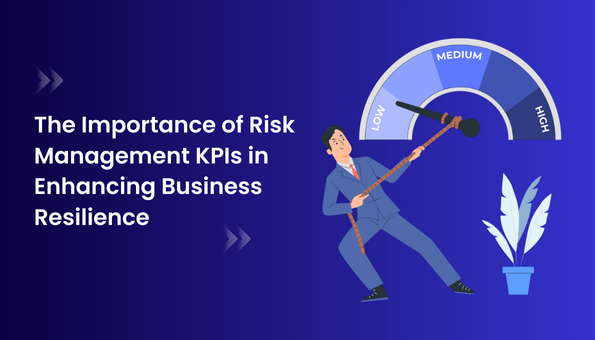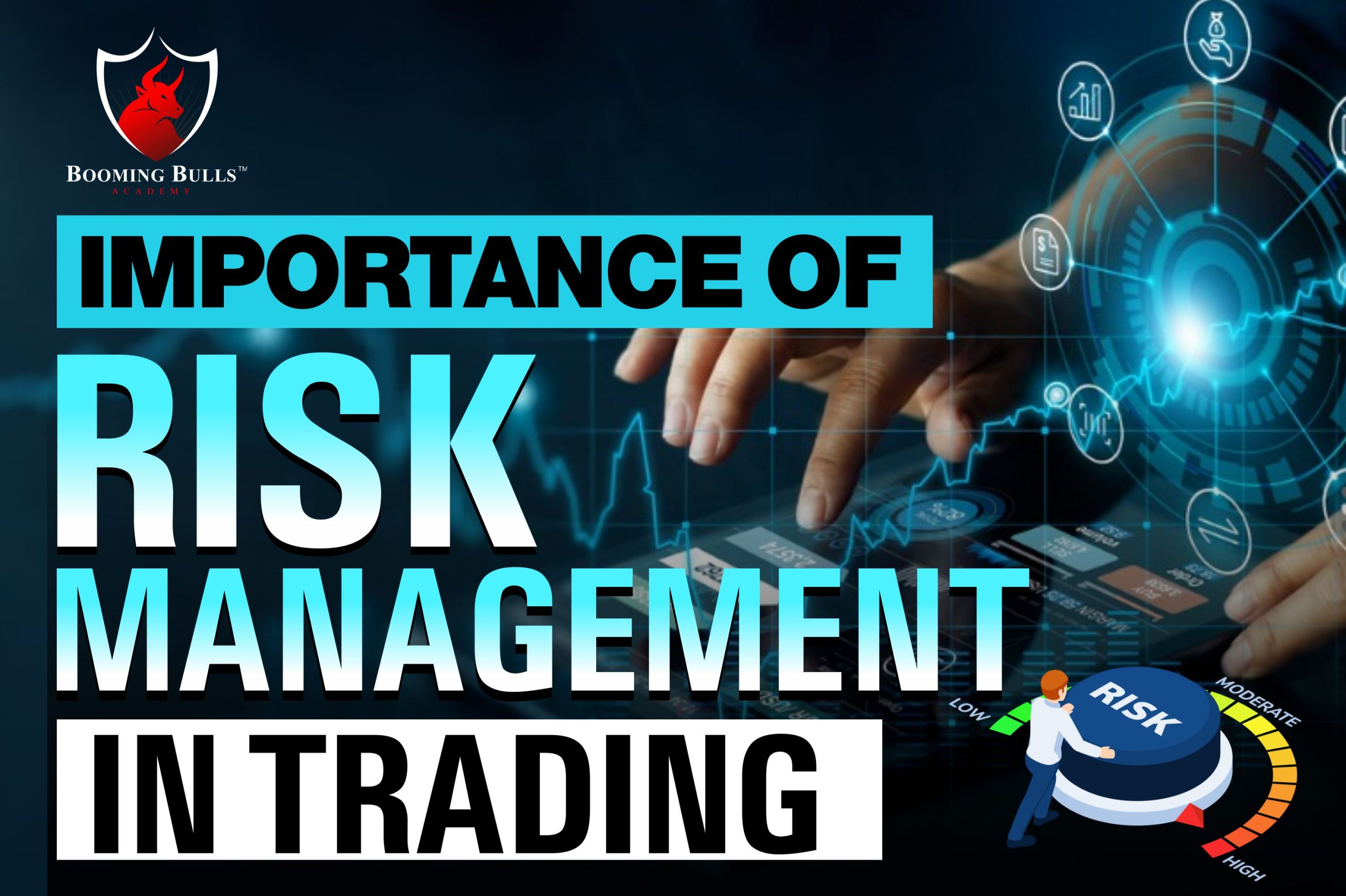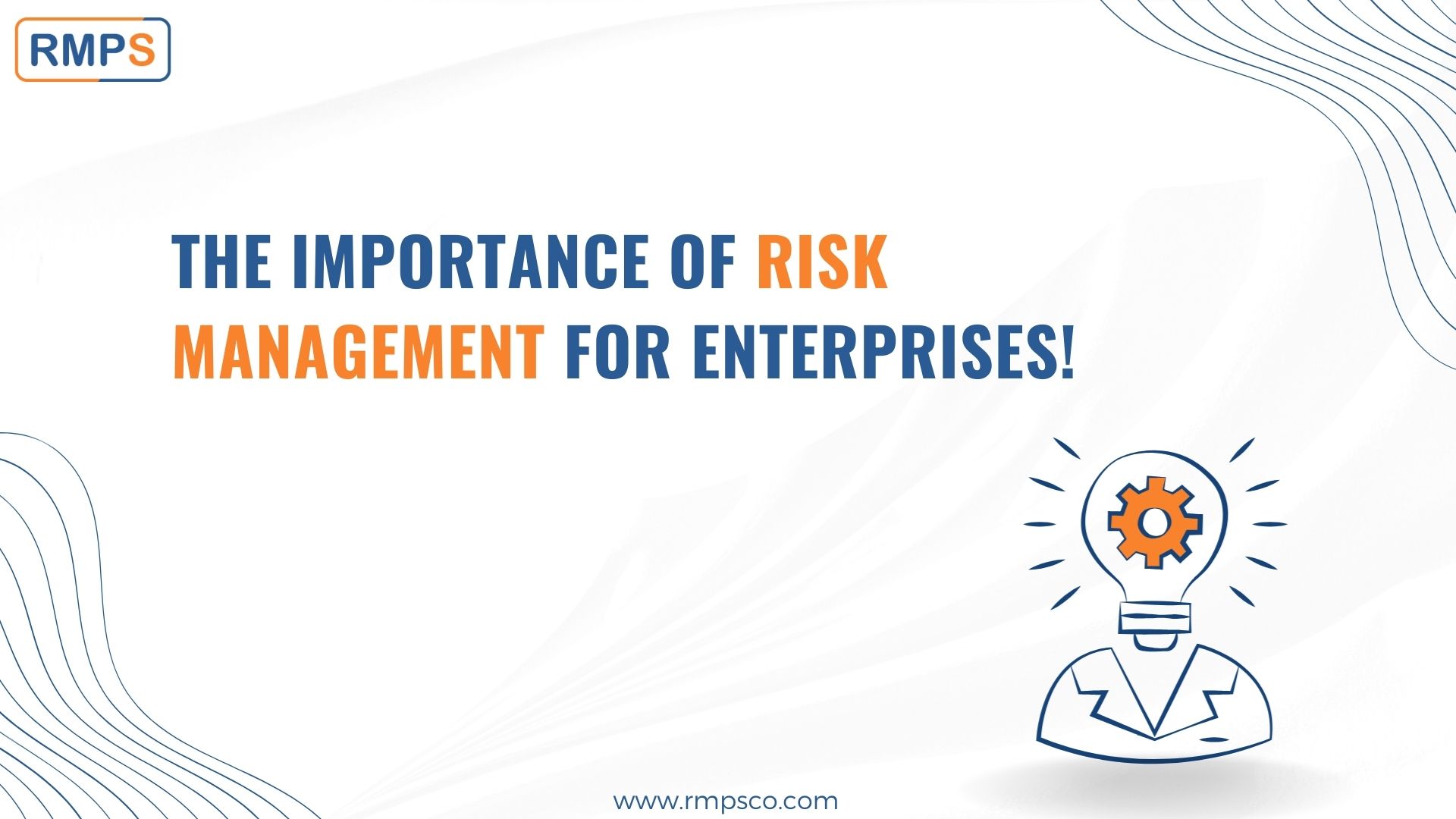The Tactical Importance of Risk Management in Building Market Advantage
The Tactical Importance of Risk Management in Building Market Advantage
Blog Article
The Vital Importance of Risk Management in Getting Organizational Objectives
This is where Risk Management steps in, supplying a structured method to determining, analyzing, and mitigating possible obstacles to proceed. As we explore the crucial role of Risk Management in attaining business objectives, one can't aid but question: exactly how does this equate into real-world success?
Recognizing the Principle of Risk Management in Company

The Essential Duty of Risk Management in Strategic Preparation
Incorporating Risk Management into calculated preparation functions as a protect for companies, securing their lasting plans with a solid structure of readiness and durability. It operates as the company's radar, spotting prospective risks and vulnerabilities that can interrupt the path towards attaining their specified goals. Risk Management supplies a structure for preparing for unpredictabilities and creating ideal responses, guaranteeing the company's survival and prosperity even when faced with hardship. By including Risk Management into calculated preparation, companies can change these unpredictabilities into possibilities for growth and innovation. This strategic interweaving of Risk Management cultivates flexibility, making organizations much more durable and enabling them to browse the ever-changing business landscape with confidence. Subsequently, Risk Management ends up being an indispensable device in tactical planning, crucial in safeguarding sustainable success.

Strategies for Identifying, Assessing, and Prioritizing Dangers
The procedure starts with Risk identification, employing devices such as SWOT evaluation, which aids in determining possible threats and chances. Next, Risk analysis is conducted to establish the prospective impact and likelihood of each Risk. Threats are focused on based on their potential impact look here and probability, permitting companies to focus their sources on high-priority dangers.
Safeguarding Organizational Operations Via Reliable Risk Management
In the business landscape laden with unpredictabilities, efficient Risk Management plays a pivotal function in safeguarding organizational procedures. By identifying and examining potential dangers, Risk Management allows companies to establish robust backup strategies. Organizations should spend in thorough Risk Management strategies to secure their procedures.

Converting Prospective Hazards to Opportunities: The Power of Risk Management
A positive strategy to take the chance of Management involves determining, analyzing, and prioritizing risks to devise strategies that transform them right into possible advantages. Thus, by leveraging the power of Risk Management, companies can not only secure their procedures but also stimulate growth and attain their objectives in an uncertain business setting.
Instance Studies: Success Stories of Risk Management Driving Company Objectives
Successful implementation of Risk Management approaches has generated impressive lead to numerous services, emphasizing the values of this strategy. International business like read this post here Microsoft and Google, for instance, have leveraged Risk Management to reduce risks and exploit opportunities, driving their organization goals ahead. Microsoft's proactive Risk Management method helped it pivot promptly during the 2020 pandemic, transitioning to remote work efficiently, thereby preserving efficiency. Google, by evaluating and mitigating possible dangers in its cloud-based services, has guaranteed undisturbed solution, thereby reinforcing client depend on. These instances illustrate just how successful Risk Management can not only guide services clear of prospective mistakes yet also assist them towards their critical objectives. Hence, Risk Management is integral to the quest important site of business goals.
Conclusion
In verdict, Risk Management is fundamentally important in achieving organizational objectives. By including Risk Management into strategic planning, businesses can much better browse uncertainties, protect operations, and capitalise on chances, therefore lining up with long-lasting objectives.
At its core, Risk Management is the process of recognizing, assessing, and attending to prospective hazards that can adversely affect an organization's purposes or procedures. Next, Risk evaluation is conducted to determine the possible effect and likelihood of each Risk. Risks are focused on based on their prospective impact and likelihood, enabling organizations to concentrate their resources on critical risks. By recognizing and analyzing possible dangers, Risk Management enables companies to develop robust contingency plans. A positive approach to take the chance of Management includes identifying, assessing, and focusing on risks to design techniques that transform them into prospective advantages.
Report this page